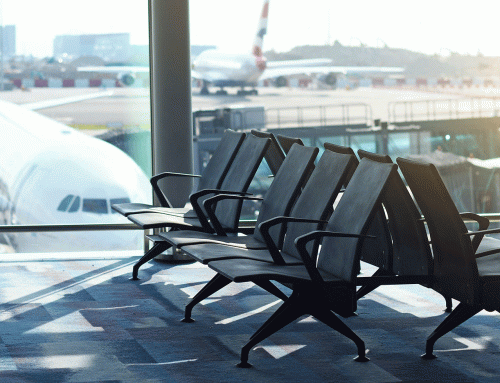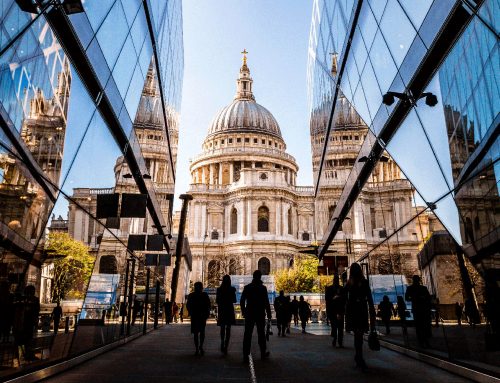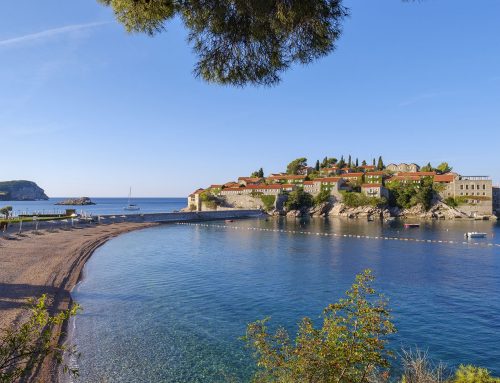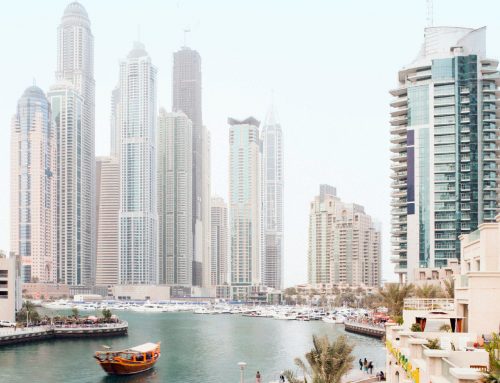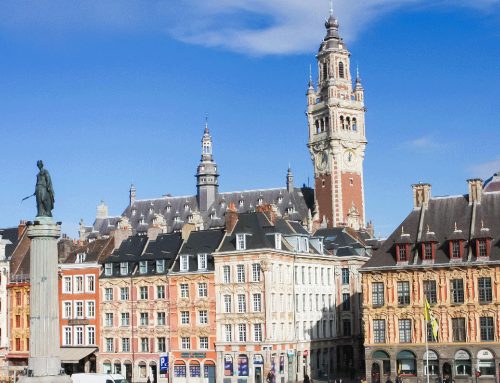With attitudes to plastic use changing at a rapid pace, this is a trend the industry simply can’t ignore. Words: John Fitzsimons
The issue of single-use plastics is a hot topic, thanks in no small part to last year’s eye-opening BBC series Blue Planet 2, which seemed to bring public opinion to a tipping point. Consumers are now asking questions about plastic use that the travel industry can’t avoid. Around eight million tonnes of plastic are dumped into the world’s oceans every year — and with as much as 80% of tourism related to coastal areas, this is a vital issue that must be addressed.
In January this year, the UK government launched its 25-year environment plan, committing the country to eliminating “all avoidable plastic waste” by 2042. National Geographic has recently launched its Planet or Plastic campaign, and a host of organisations within the travel industry have begun announcing measures to reduce their plastic use.
So, what’s the travel industry doing about it? Here are some of the key stories to date:
Air
Ryanair recently pledged to become plastic-free on all flights by 2023. For travellers, this means switching to wooden cutlery, biodegradable coffee cups and the removal of plastics from all in-flight products.
Heathrow has said it intends to phase out single-use plastics, starting with reusable coffee cups at its head office. Dedicated coffee cup collection points will be introduced across all terminals.
Tour ops
Responsible Travel has launched a ‘no single-use plastics’ holiday section on its website — the first of its kind — labelling plastic-free trips to make it clear to travellers how their holiday will be different. The company also features an online guide to plastic-free travel full of traveller tips.
Travel agency Vivid Travel has taken the interesting step of introducing a ‘plastic levy’, which will apply when customers book flights with airlines that don’t use biodegradable or recycled plastic: proceeds will go to environmental charities.
Rail
Eurostar has also confirmed it plans to reduce its use of plastics by 50% by the year 2020. The firm described reducing its dependence on plastic bottles as a “major challenge”, but has already banned plastic straws onboard and in lounges, as well as introducing metal cutlery in first class. Eurostar has created a working group to identify alternatives to plastic elsewhere on its trains, reducing plastic bottles and introducing more eco-friendly materials throughout its services.
Hotels & resorts
Anantara and AVANI Hotels & Resorts were ahead of the current curve — both confirmed that, from 1 January 2018, all their hotels, restaurants and bars throughout Asia were committed to eliminating the use of plastic drinking straws. Biodegradable and recyclable alternatives will replace the 2.5 million plastic straws that had been used every year.
AccorHotels is banning the use of plastic straws, having set a deadline of 1 June for all of its restaurants, cafes and bars. The ban initially applies to the 125 hotels the firm manages in the UK, and it’ll work with partners to cut out plastic straws across its 113 franchised hotels.
Butlins has introduced a ban on the use of plastic straws at its three UK resorts. Currently, around two million a year are used, but from next month holidaymakers will be offered either a paper straw or no straw at all. Butlins said it’s looking at alternatives for plastic stirrers, cutlery and cups.
Four Seasons Hotels and Resorts announced a ban on plastic straws from all of its 110 properties in April.
Marriot Hotels is removing plastic straws from all of its properties, replacing them with biodegradable or paper alternatives.
EDITION Hotels has introduced a new initiative, Stay Plastic Free, to omit single use plastic from the hotel industry. Its aim? All EDITION properties to be 90% single-use plastic free by the Q1 2018 — with the intention of being 100% single-use plastic free by the end of Q1 2019.
Cruise
Royal Caribbean has set up a special team to investigate ways it can eradicate single-use plastics from its operations. Michael Bayley, president and chief executive at Royal Caribbean, told The Telegraph: “We manage our waste very well but we have an exciting opportunity to play our part in the overall reduction of plastic, which, it’s becoming clear for all to see, has such a negative impact on our oceans.”
P&O Cruises and Cunard have both confirmed they’re planning to abolish single-use plastics from their ships by 2022.
Hurtigruten has embraced the trend and said it wants to be the world’s first plastic-free cruise operator, ditching all unnecessary single-use plastic by 2 July.
Misc
Visit England is promoting the #PlasticPatrol movement — a nationwide campaign to rid inland waterways of plastic pollution, with clean-up events across the country.
For more information, sign-up to the newsletter and stay up to date with the latest news via the campaign’s Facebook page.


